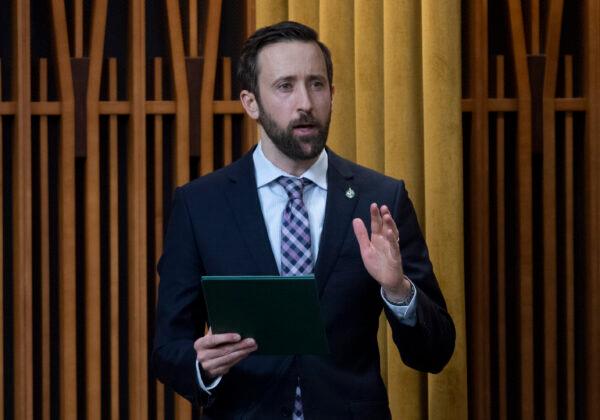Commentary
In 2002, John Fonte, a fellow at the Hudson Institute, put forth an analysis of a new strain of progressive ideology that was just emerging in both domestic and international institutions. Calling it “transnational progressivism,” he described it as an ideology that prioritized the group over the individual and saw society as being a constant state of conflict between oppressors and victims, with institutions being changed in order to have what was considered the “victim” perspective be the dominant one. This, you could say, was wokeness in the early stages of its rise to undisputed power in our institutions.





